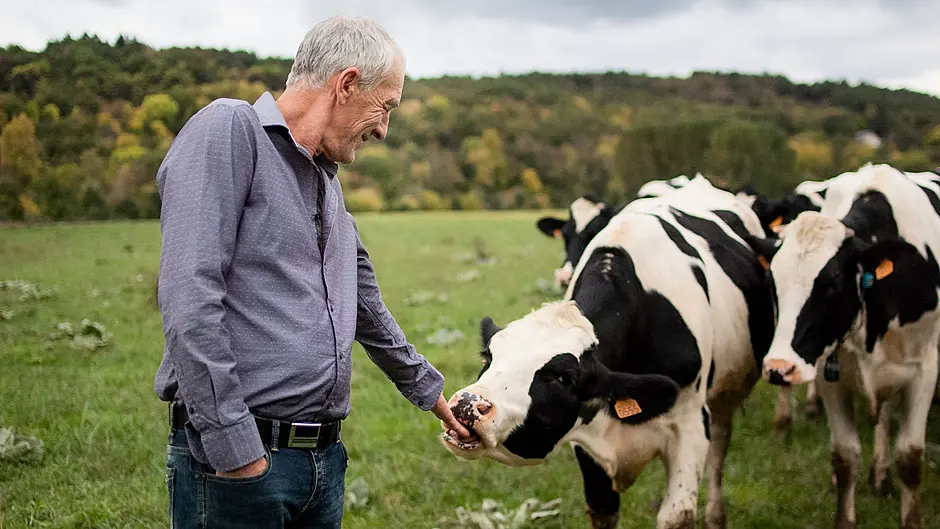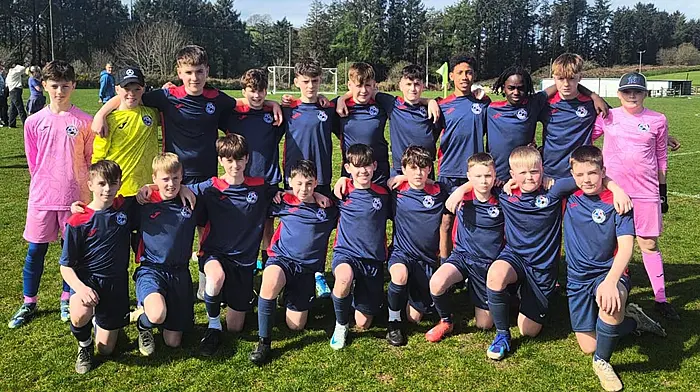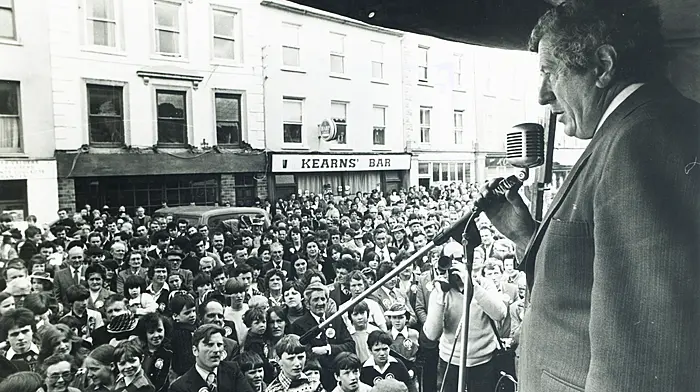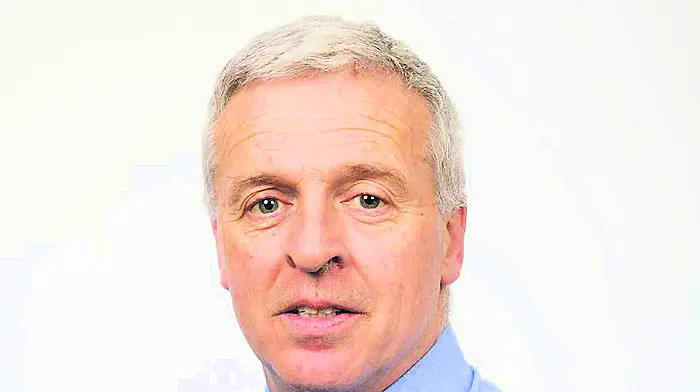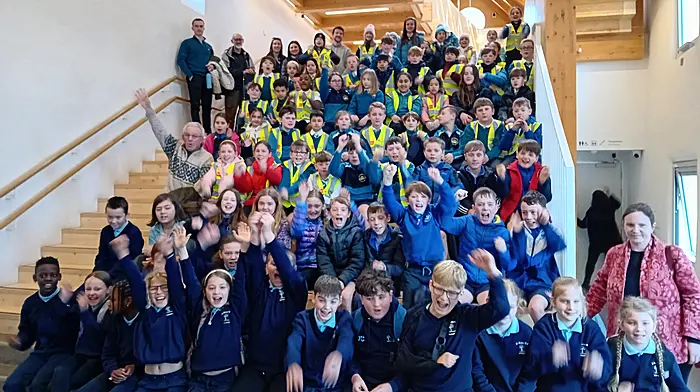ARE the care needs of older members of the farming community in West Cork being sufficiently met?
A research student is looking to speak to farmers and farm households in West Cork for a study on the care needs of older people in the farming community.
Duley is a PhD student with Teagasc and is conducting research on the care at home by people aged 60 and over in farm households in West Cork.
She wants to chat to people aged 60-plus in farm households in West Cork who are receiving assistance with daily tasks – such as bathing, dressing, preparing meals, walking and eating – only from family members, friends and neighbours and the reasons why they do not use care services, such as home help.
This may be due to a lack of availability of services in their area, no need for services, difficulty accessing services, or other reasons.
‘This information will help us understand whether there are care needs in the farming community that are not being met and how this varies throughout the region,’ said Duley.
‘Ireland has a very high percentage of older farmers – one third are 65 and older, and there is a very large cohort between 60 and 64. Some of these farmers are still farming even though they need help themselves.
‘The purpose of the study is to inform future policy on care, particularly the statutory home care scheme, and to ensure that the needs and concerns of older people in the farming community are considered and discussed when this policy is being developed.
‘West Cork has a very large mix of farming types, dairy and livestock. It’s very important to have a good response from the area to determine whether there are needs in the farming community that aren’t being met and what needs to be done to address that,’ she said.
Duley is originally from the US but is studying at Teagasc Fermoy. ‘My primary degree is in animal products and food science.
‘When I did my masters I worked for the US Dept of Agriculture. I was doing research on humane handling of livestock at slaughter and completed a masters in animal welfare. I used my research to transition into world sociology.’
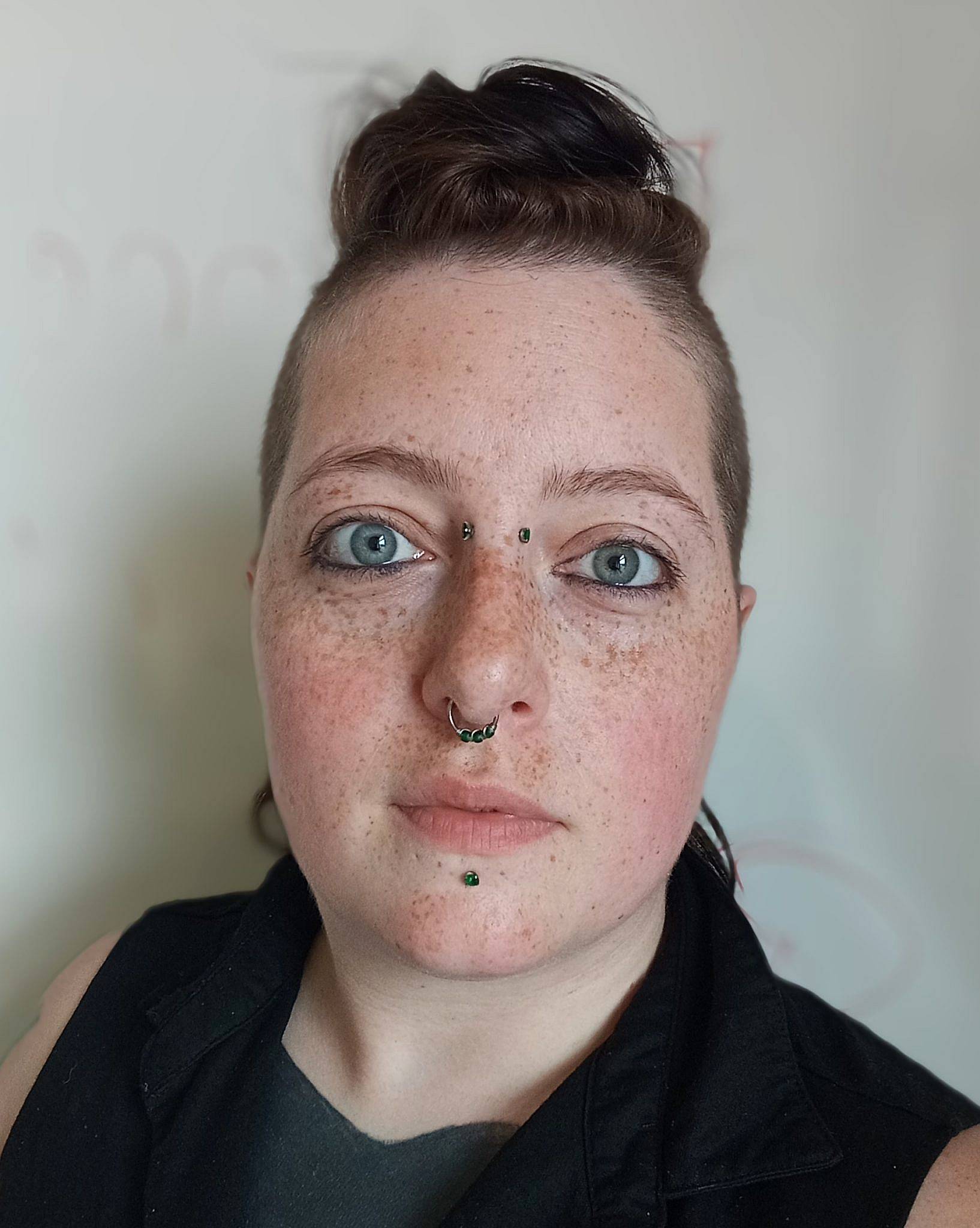 Duley is seeking to hear farmers’ experiences in West Cork.
Duley is seeking to hear farmers’ experiences in West Cork.
This brought Duley into a different sphere, and to studying a Master’s degree on the experiences of Irish cattle farmers being exposed to negatively framed welfare stories in the media.
‘Farmers feel a lot of pressure from media regarding animal welfare and climate change,’ said Duley.
‘I used a “one welfare” approach. The welfare of a farmer is directly linked to welfare of their animals. That’s how I got into rural sociology. Talking about farm animal welfare it comes down to farmers, and there’s not enough support for farmers.’
This leads into the relationship between isolation and care in the farming community.
‘Farming can be very isolating. There’s a high rate of bachelor farmers. It’s very difficult to access them. Many are not engaging with farming organisations.
‘A lot of farmers are out on the farm working on their own, and things get on top of them, especially since the last economic crash. The majority of business that went out of business were rural, and not replaced. And then services like post offices and banks can sometimes no longer be bricks and mortar, isolating farmers even more.’
Duley’s own family story influenced her PhD choice. From a rural background, here aunt now runs the family farm which was started by her grandfather.
‘I’m from Maryland. My granddad started the family farm. After serving in World War Two, he was a tobacco farmer. The industry crashed, so he got into beef farming.
‘He was farming until he was 80 and died from prostate cancer but in rural areas and in farming, people were very reluctant to engage with healthcare. That’s a big thing that needs to be changed. And often even if people want to access preventative services, they are not available.
‘His story was definitely an inspiration for what I am doing. I wonder a lot how things would have gone if my grandad was more proactive about this health.
‘He loved being a farmer. He became bedridden and it had huge impact on him – not being able to go out on the farm anymore.
‘We need to improve healthy aging and aging at home. The whole point of care is to provide care so that they can age at home. I’m trying to get that message across.’
Duley is appealing to participants to register interest in this important research. ‘There is a short survey to be completed. The interviews will focus on people who are only receiving help from a family member, friend or neighbour to better understand the reasons why people are not using care services (such as a home
help).’
• To register interest please contact Duley at [email protected] or 01 805 9773.

